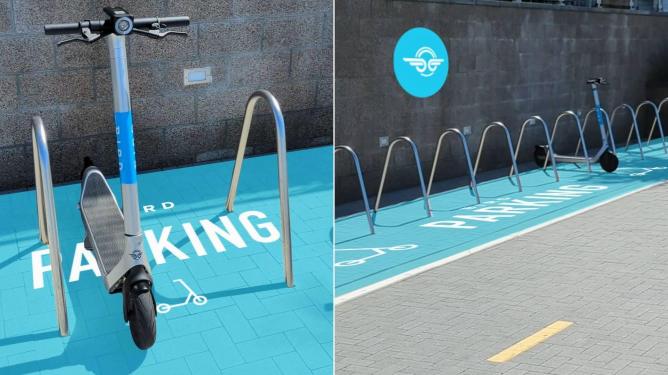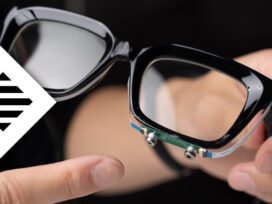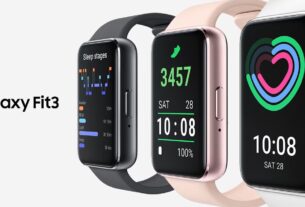
Bird and Lime Leverage Google’s ARCore Technology for Advanced Scooter Parking Solution
A New Era in Shared Micromobility
In a bid to address the issue of shared electric scooters parking improperly, Bird and Lime have launched new tools powered by Google’s ARCore Geospatial API. This technology allows both companies to geo-locate parked scooters and e-bikes with an accuracy of less than one meter.
The Problem of Inappropriate Parking
Despite some studies suggesting that less than 1% of scooters and bikes are improperly parked, shared micromobility operators are actively seeking innovative solutions to alleviate this issue. Bird and Lime have taken the lead in addressing this problem by leveraging Google’s ARCore technology.
Bird Visual Parking System (VPS)
Bird’s VPS is a system that relies on Google’s ARCore Geospatial API to geo-locate parked scooters and e-bikes. The company has announced that it is considering rewarding good parking with automatic ride discounts. Bird claims that its VPS is already being piloted in New York City, San Francisco, and San Diego by a random sampling of riders.
Lime Visual Positioning Service (VPS)
Similar to Bird’s VPS, Lime’s VPS uses Google’s ARCore Geospatial API to geo-locate parked scooters and e-bikes. The company has announced that its VPS is live in six cities: London, Paris, Tel Aviv, Madrid, San Diego, and Bordeaux. According to Lime, the results from its pilot have been promising, with those who used the new tool seeing a 26% decrease in parking errors compared to riders who didn’t have the tool enabled.
Early Access to Google’s ARCore Tech
Bird and Lime received early access to Google’s ARCore tech, which was announced at Google I/O as an API that allows developers to remotely create and deploy augmented reality experiences using precise location and orientation on a global scale. This tech is similar to the camera positioning technology of Fantasmo, which was recently acquired by fellow shared micromobility operator Tier.
How VPS Works
VPS works by prompting riders to take a quick scan of the surrounding area using their smartphone. The system then compares the rider’s images against Google’s vast database of Street View images, while also leveraging Google’s 3D scanning and augmented reality technology, to determine the rider’s location and if the scooter is parked correctly.
Stationary Objects as Reference Points
Bird has noted that stationary objects such as buildings and signs are used as reference points, while more dynamic objects like people and vehicles are ignored. This allows VPS to accurately geo-locate parked scooters and e-bikes with high precision.
Expansion Plans
Both Bird and Lime have announced plans to expand their VPS pilots to new cities in the coming weeks and months. Bird claims that it operates in over 400 partner cities around the world, which likely includes the cities in which it integrates local bikeshare programs with its app. Google offers Street View coverage in 87 countries.
Conclusion
The launch of VPS by both Bird and Lime marks a significant step towards addressing the issue of inappropriate scooter parking. By leveraging Google’s ARCore technology, these companies are able to geo-locate parked scooters and e-bikes with high precision. While some studies suggest that the problem is not as widespread as previously thought, shared micromobility operators like Bird and Lime are actively seeking innovative solutions to alleviate this issue.
Future of Shared Micromobility
The future of shared micromobility looks promising, with companies like Bird and Lime leading the charge in addressing the challenges associated with this mode of transportation. As technology continues to evolve, we can expect to see more innovative solutions emerge that will make shared micromobility safer and more efficient.
Related Stories
- SpaceX and Blue Origin must investigate this week’s big rocket tests, FAA says
- OpenAI is trying to extend human life, with help from a longevity startup
- Rivian finalizes $6.6B loan for its Georgia factory






